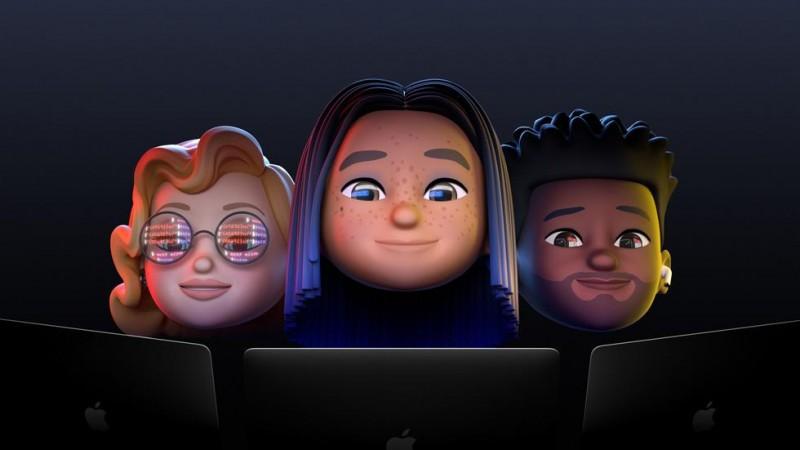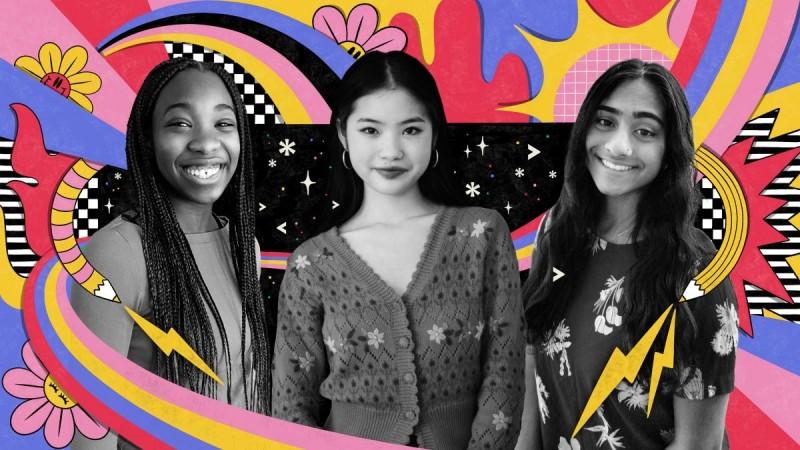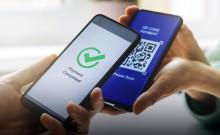Apple has announced the winners of the Swift Student Challenge, who will be attending the much-anticipated WWDC (Worldwide Developers Conference) next week. This year too, in view of the pandemic, the coveted developers conference will be held online, inviting millions of global attendees, including the 350 Swift Student Challenge winners from 35 different countries and regions.
These winners have demonstrated exceptional coding and problem-solving skills. Of these are three young women who are poised to change the world with their coding prowess. Their young age is not stopping them from achieving solutions to real-world problems and shattering the glass ceiling.
"Every year, we are inspired by the talent and ingenuity that we see from our Swift Student Challenge applicants. This year, we are incredibly proud that more young women applied and won than ever before, and we are committed to doing everything we can to nurture this progress and reach true gender parity," Susan Prescott, Apple's vice president of Worldwide Developer Relations and Enterprise and Education Marketing, said in a statement.

Young coders changing the world
Of the hundreds of winners, the three young women have demonstrated exceptional skill in solving real-world problems. Gianna Yan, a 16-year-old who lives in Oakland, California, Abinaya Dinesh, a 15-year-old New Jersey resident, and Damilola Awofisayo, 17, of Woodbridge, Virginia, have shown what the world could be through their innovations.
Yan is the brainchild behind Feed Fleet, an app that pairs volunteers with at-risk individuals to deliver essential goods right to their doorstep. She was inspired to develop the app after having to struggle to get essential supplies delivered to her grandparents' home in Hawaii amid the pandemic. Yan also joined The Farmlink Project, which helps farms connect their surplus produce to food banks, and she is designing an app to help students report sexual assault incidents on school campuses. She is also working on another app that helps with breast cancer self-assessment and detecting heart diseases in women.

Dinesh is using her passion for medicine and technology to help people with some real-world problems. She created an app called Gastro at Home, after a personal experience she had when she was diagnosed with pelvic floor disorder and the gastroenterologist told her nothing about getting better. Her app aims to offer people access to information and resources relevant to their gastrointestinal disorders.
Finally, Awofisayo started her own hackathon after she was unable to get into any last year. The TecHacks empowers girls to create, problem-solve, and showcase their talents alongside like-minded females to compete and work with. Women and non binary individuals can apply and just last year, the its first hackathon had 800 participants from around the world.
"When you increase the number of girls in tech, you also see a shift in the problems that are being addressed and the solutions. And I'm excited to be a part of that," Awofisayo opines.
Besides TecHacks, Awofisayo also helps the organisation run coding workshops and annual fellowship. She is working on an app called American Sign Language, which is to be launched later this year.
















